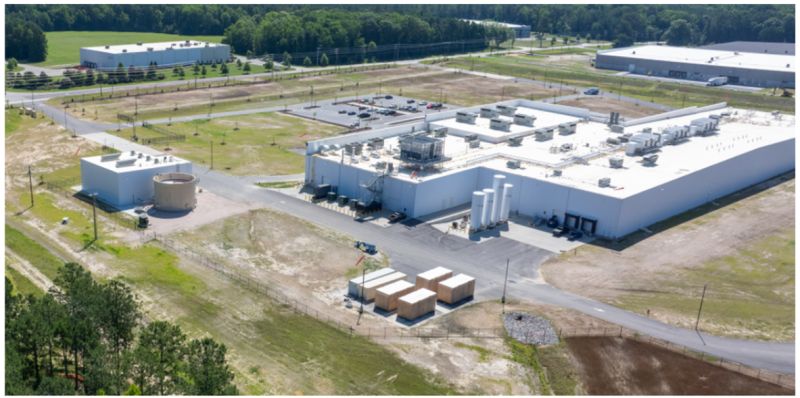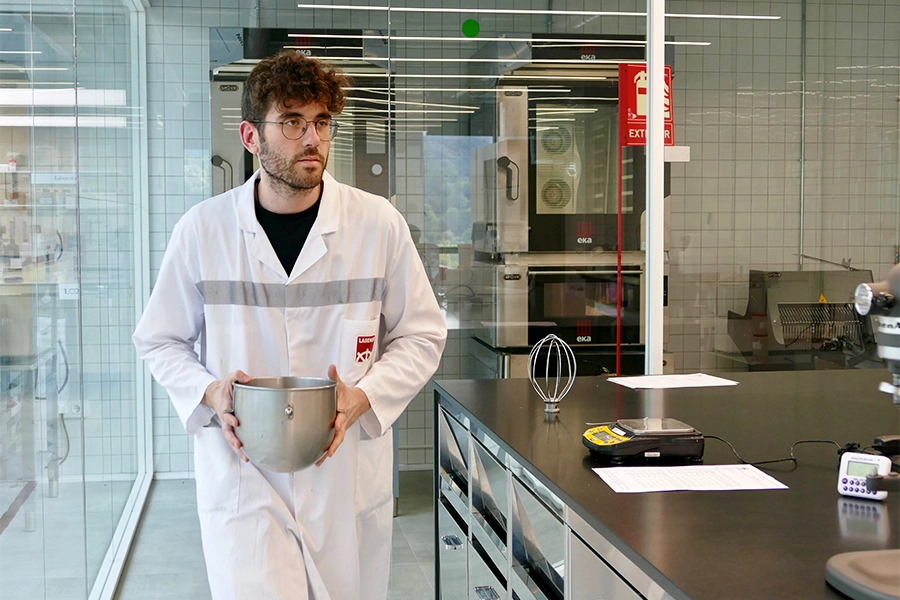
-min_cover.jpg)
FPP Amsterdam 2025 Speaker Exclusive: From the ocean’s edge – how NXW plans to feed the world with Marine Whey
Most people think of the ocean as a source of fish or seaweed. For Alex Worker, Founder & President of Nutrition from Water (NXW), it’s something far more transformative: a vast molecular pantry.
Worker, one of +100 speakers at The Future of Protein Production Amsterdam in October, is building a future where marine microalgae aren’t just an overlooked biological curiosity – they’re the foundation for a scalable, affordable, and inclusive protein platform. “We want to unlock millions of tons of affordable, natural, and complete nutrition,” he begins. “And we can do that by producing Marine Whey through biomass fermentation of aquatic microorganisms.”
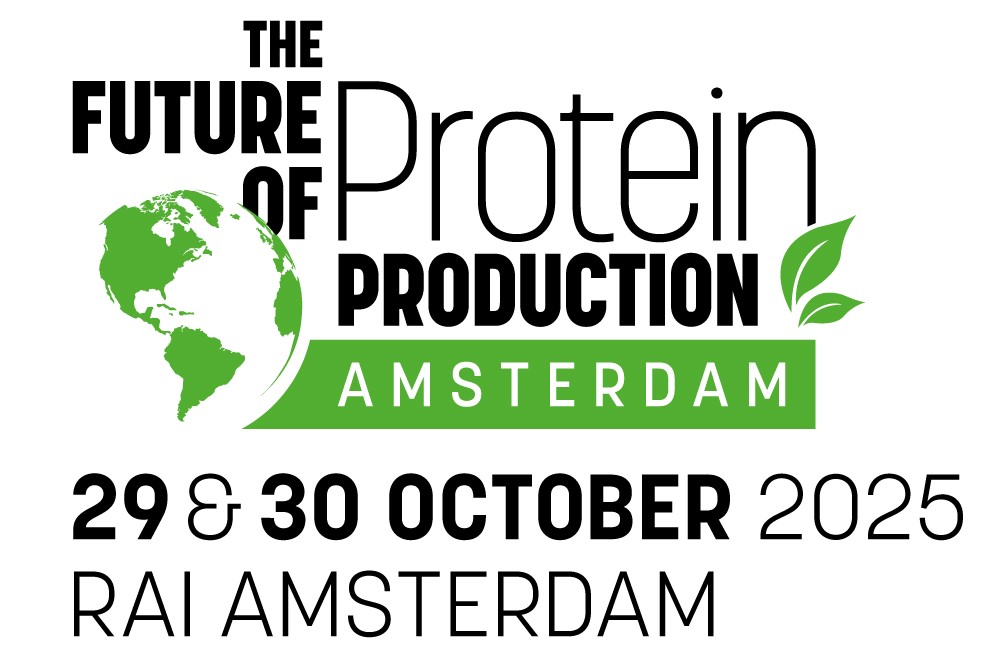
NXW, originally launched as NewFish in New Zealand, has since evolved into a global player reimagining the very idea of ocean-derived food. With operations in Portugal, commercial traction in Japan, and scaleup ambitions in India and beyond, the company is positioning itself as a cornerstone of the next food system – one that is ocean-positive, non-extractive, and equitably distributed.
Building food from the water up
Worker’s background spans agribusiness and alt protein: time at dairy giant Fonterra showed him the power – and limitations – of conventional nutrition, while his work growing Impossible Foods across the Asia-Pacific region revealed the challenges of scaling genetically engineered alternatives. But a visit to New Zealand’s Cawthron Institute, home to one of the world’s largest live microalgae strain libraries, proved catalytic.
“There’s so much natural technology in our waters,” he recalls. “We saw we could ferment these strains at scale to produce complete, taste-neutral, functional nutrition – at a cost that works for China, India, Indonesia, Africa, etc.”
Crucially, NXW isn’t a science-first startup. “We’re not academic researchers perfecting strains in search of a market,” he says. “We’re food and nutrition operators solving for the customer first, then working with scientific partners to move at commercial speed.”

Closing the global dairy gap
A key driver behind NXW’s mission is the projected 30 million metric ton shortfall in global dairy protein by 2030. “This isn’t just a market inefficiency – it’s a global nutrition crisis,” says Worker. “Millions of people, especially children, depend on dairy or dairy-like nutrition for essential protein, calcium, and vitamins.”
Scaling more cows, of course, isn’t a viable answer. “We need solutions that don’t rely on arable land, intensive inputs, or cold-chain distribution,” he says. “Marine Whey can deliver that – lower-cost, shelf-stable, high-functionality ingredients for things like school meals, fortified staples, and powdered milk alternatives.”
He also wants to reframe how we think about protein itself. “If we treat it as a public good – not just a commodity – we can build more equitable, scalable systems. That means funding, regulating, and distributing it in new ways.”
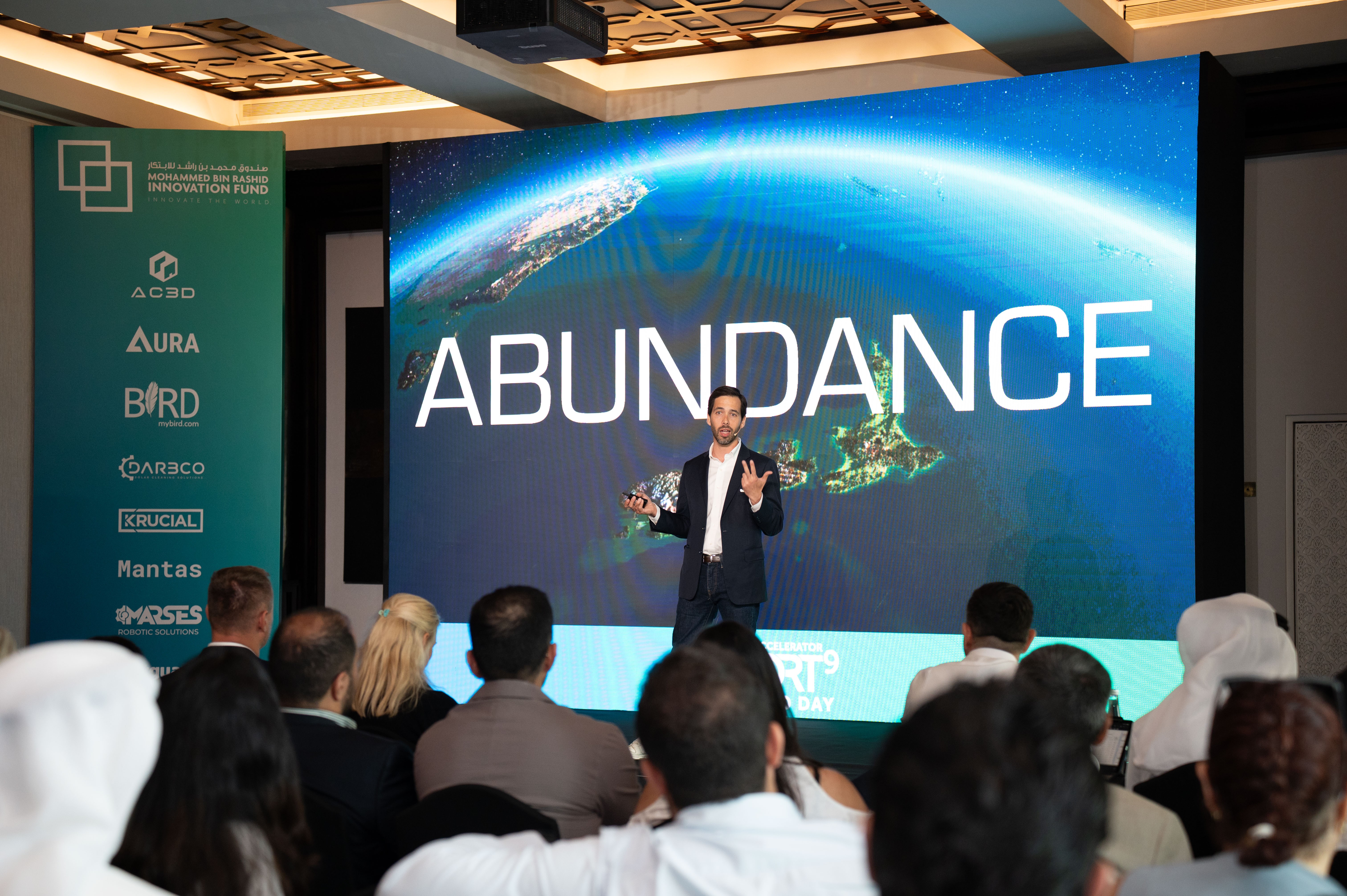
NXW chose Japan as its launch market – and not just because of its appreciation for seafood. “Japan values precision, purity, and functional food innovation,” Worker explains. “It’s also highly receptive to marine-derived nutrition, and has longstanding trust in New Zealand as a source of safe, high-quality food tech.”
Marine Whey, with its taste neutrality, solubility, and emulsification performance, has been well received by formulators, chefs, and major brands alike. “Our partner is one of Japan’s largest protein importers, connected to top-tier food and nutrition players,” he says. “Japan also sets a standard – what works here influences North Asia, Southeast Asia, and beyond.”
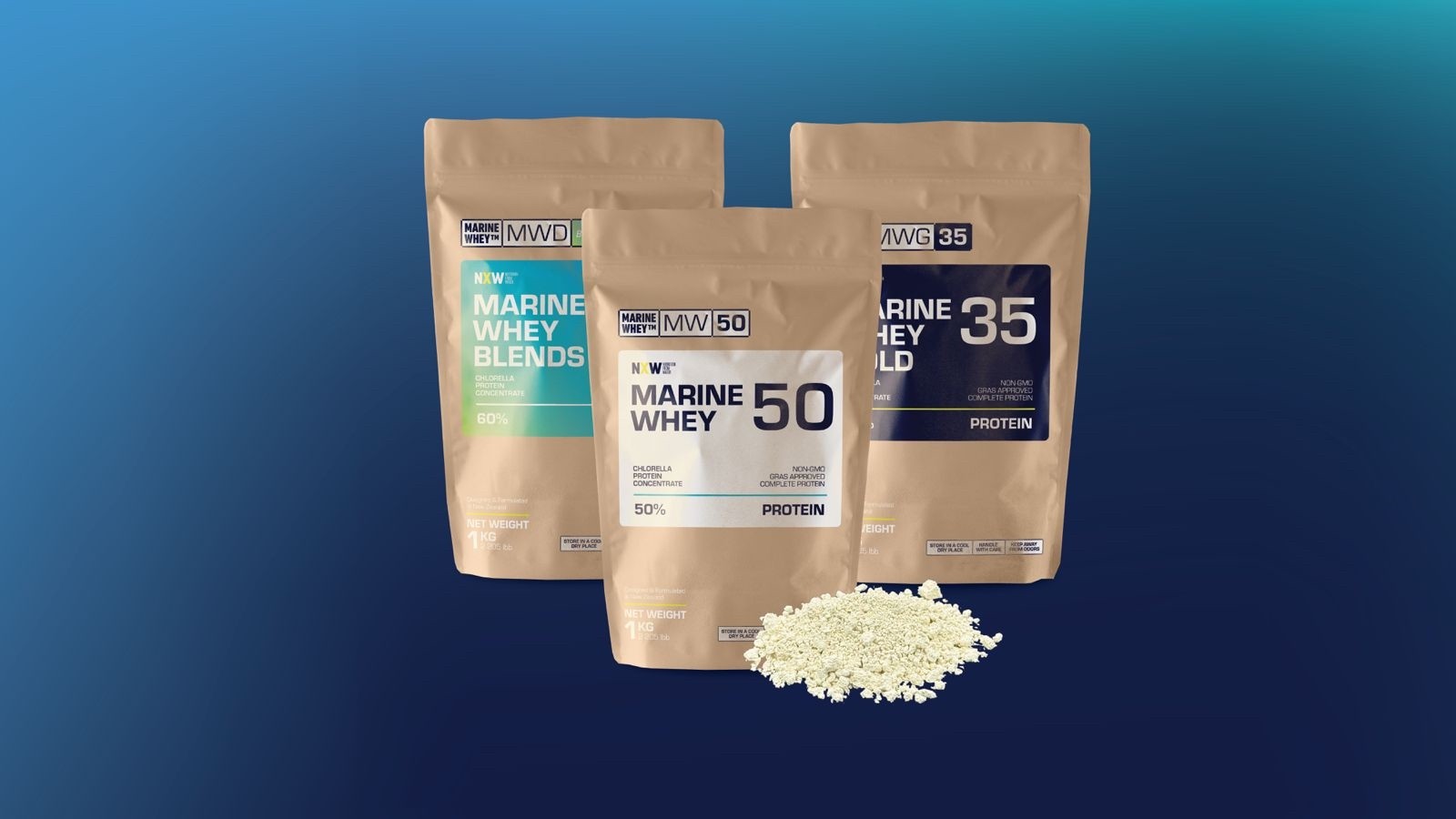
Scale, speed, and strategic partnerships
NXW’s commercial-scale production starts in Portugal, which Worker calls “a perfect testbed” thanks to its algae expertise, supportive ecosystem, and strong production partners. “We can already produce up to 100 metric tons per year from Portugal – but demand is already in the thousands. That’s why we’re planning the next major expansion.” Leading those efforts on the ground is CEO Federico Duarte and the dedicated team in Portugal, who are playing a critical role in turning NXW’s biotech vision into operational reality.
The next wave will likely focus on India, with Europe and Latin America also in view. “India brings scientific talent, manufacturing depth, and enormous demand,” he says. “But it’s not just a production hub – it’s a key market for us. There’s unmet nutritional need and a culture of food innovation.”
-min.jpg)
Scaling novel ingredients is notoriously hard, but Worker says NXW’s approach is built for robustness. “We’re standardizing fermentation and purification protocols tailored to local conditions, while maintaining full traceability and third-party environmental validation,” he explains.
One of NXW’s most strategic collaborations is with SIG, the packaging and aseptic technology company. “They bring global food systems expertise and help us get shelf-stable marine nutrition into markets where cold chains don’t reach,” Worker says. “We met through the MISTA food tech platform in San Francisco and realized we shared the same mission.”
The partnership goes beyond technical integration. “This is a different way of working – faster, more open, less about owning IP and more about solving problems together,” he says. “It’s the future of innovation.”
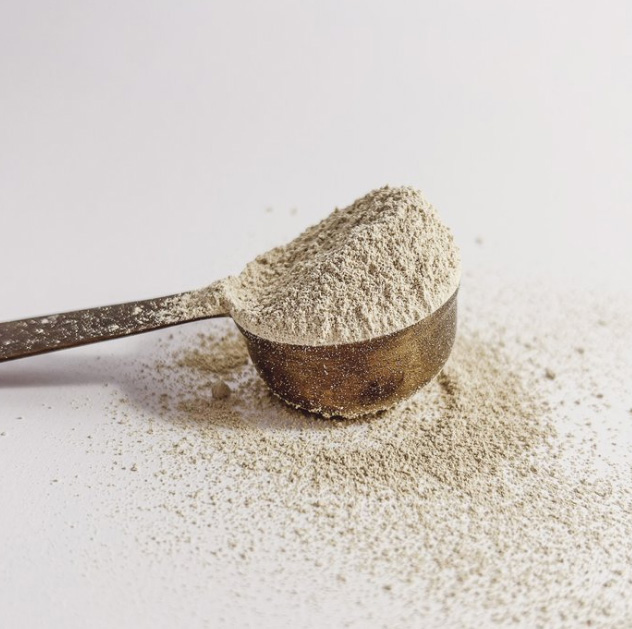
A living protein library
One of NXW’s secret weapons is its access to a live microalgae strain library at the Cawthron Institute. “It’s not a frozen seed vault – it’s a living, breathing blueprint of marine microorganisms,” Worker says. “We’re constantly sampling, sequencing, and screening strains for fermentation potential, protein content, and functionality.”
Of the 100 strains they’ve analyzed so far, 19 have naturally occurring protein levels over 40%. “Some are hitting 60-74% protein without any optimization,” he says. “That’s extraordinary – and it shows just how much untapped potential nature still holds.”
This marine ‘molecular pantry’, as Worker calls it, could become the foundation for a whole new category of food innovation. “Just like plants have powered centuries of cuisine and health, marine microbes are going to define the next chapter.”
Still, ocean-derived proteins often suffer from an image problem. “People think seaweed or fishy flavors,” says Worker. “But Marine Whey is clean, neutral, and highly functional. We take a thimble of water, isolate a single cell, and ferment it just like brewing beer.”
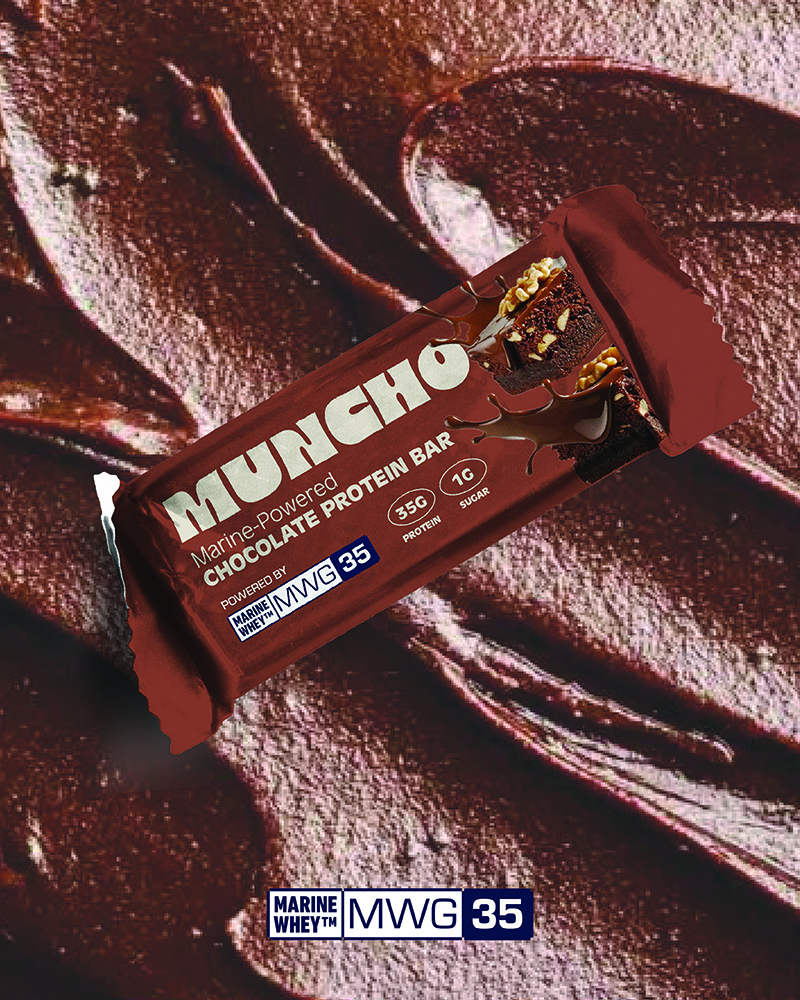
Once customers see it in action – in school meals, in shakes, in fortified powders – the perception shift is fast. “It’s not just about climate or novelty. It’s about performance and accessibility.”
Looking ahead, NXW is focused on scaling. “We’ve proven the model – now it’s about making impact at volume,” Worker says. “That means new partnerships, new geographies, and expanding our protein library.”
The next major milestone? Closing NXW’s Series A funding round. “That’s the key to unlocking our full platform,” he says. “We’re building a totally new category – and the world needs it now.”
Alex Worker is one of more than 100 speakers taking to the stage at The Future of Protein Production Amsterdam on 29/30 October 2025. To join him and more than 1,000 other attendees, book your ticket today and use the code, ‘PPTI10’, for an extra 10% off the current ticket price. Click here
If you have any questions or would like to get in touch with us, please email info@futureofproteinproduction.com


